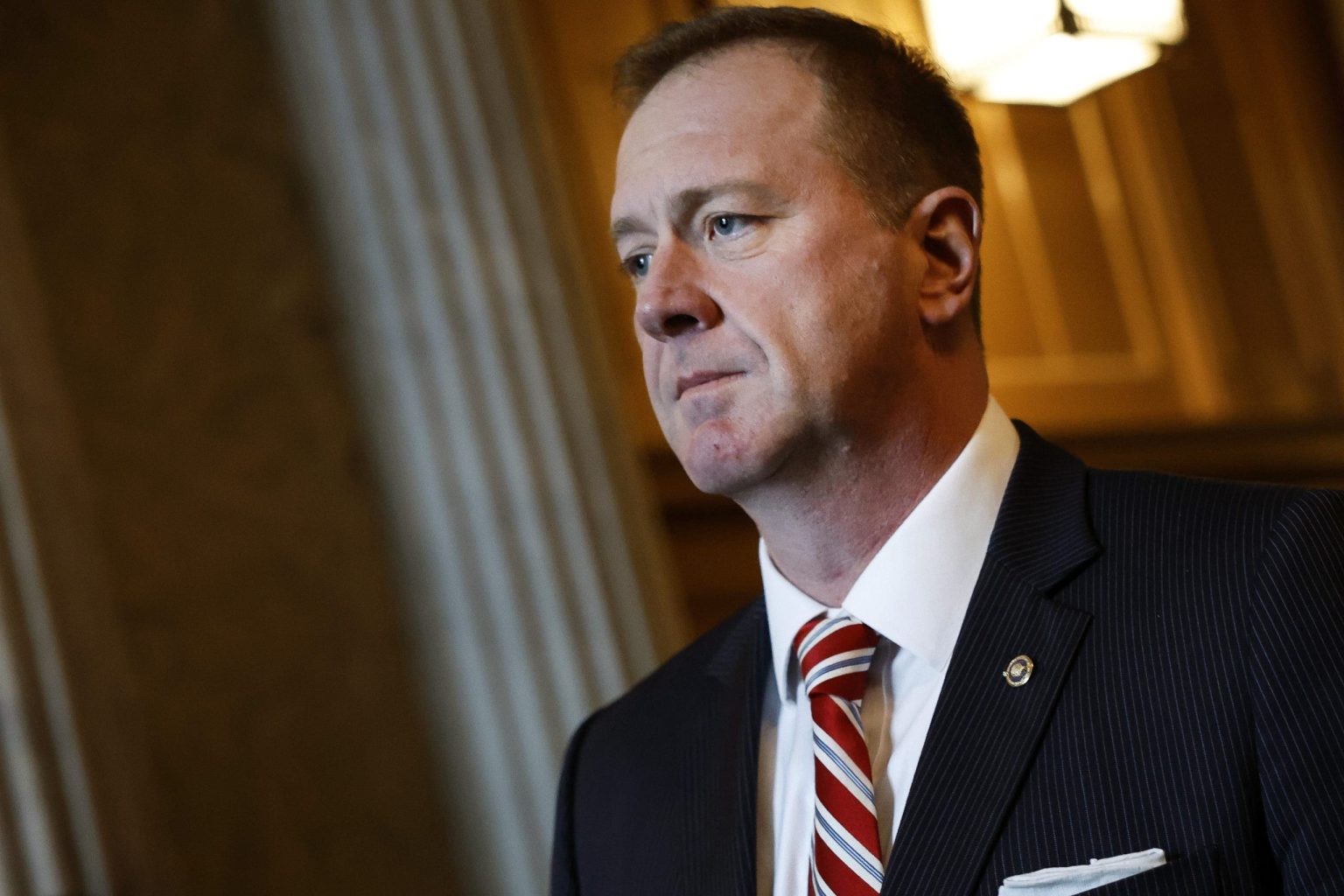Sen. Eric Schmitt’s critique of the H-1B visa program centers on its alleged abuse and the detrimental impact on American workers. He argues that the program, designed to bring skilled foreign workers to the U.S., has been manipulated to displace American workers, often forcing them to train their foreign replacements who are willing to work for lower wages. This, Schmitt contends, undermines the American workforce and perpetuates a system where American citizens are disadvantaged in their own country. He advocates for reforming the system to eliminate these abuses, ensure a merit-based selection process, and protect American wages.
Schmitt’s argument highlights a broader concern about the displacement of American workers, particularly in the context of globalization and the offshoring of manufacturing jobs. He links the loss of factory jobs to the subsequent displacement of white-collar workers through the H-1B visa program, painting a picture of a systematic erosion of opportunities for American citizens. This perspective resonates with a segment of the population that feels left behind by economic changes and perceives immigration policies as exacerbating their predicament. Schmitt’s narrative aligns with a protectionist sentiment that prioritizes American workers and advocates for stricter controls on immigration.
The Senator’s comments clash with recent proposals from Elon Musk and Vivek Ramaswamy, both of whom have advocated for increasing high-skilled immigration. Their arguments are predicated on the notion that attracting top talent from around the world is essential for maintaining American competitiveness and innovation. This perspective emphasizes the global nature of the talent pool and suggests that restrictive immigration policies could hinder economic growth and technological advancement. The differing viewpoints underscore a fundamental tension in the immigration debate: balancing the need for skilled labor with the protection of American jobs.
Schmitt’s stance on immigration extends beyond the H-1B visa program. He also defends former President Trump’s policies on deportations, arguing that removing individuals residing in the country illegally is consistent with established law. He criticizes the current administration for what he perceives as a lax enforcement of immigration laws, suggesting that this leniency has contributed to the problem of illegal immigration. This perspective frames immigration primarily through a lens of law and order, emphasizing the importance of upholding existing regulations and securing the nation’s borders.
The debate surrounding immigration is further complicated by the intersection of economic and cultural concerns. While some, like Musk and Ramaswamy, focus on the economic benefits of attracting skilled workers, others express concerns about the potential cultural impact of large-scale immigration. These concerns often revolve around the integration of immigrants into American society, the preservation of national identity, and the potential strain on social services. The debate often becomes polarized, with differing sides emphasizing different aspects of the issue and struggling to find common ground.
Schmitt’s remarks on Fox News represent a particular perspective within the broader immigration debate. He voices the concerns of those who feel that current immigration policies, particularly the H-1B visa program, are detrimental to American workers. His advocacy for stricter controls on immigration and stronger enforcement of existing laws reflects a protectionist sentiment and a desire to prioritize the interests of American citizens. This perspective contrasts sharply with those who advocate for more open immigration policies, highlighting the ongoing tension and complexity of this issue.

